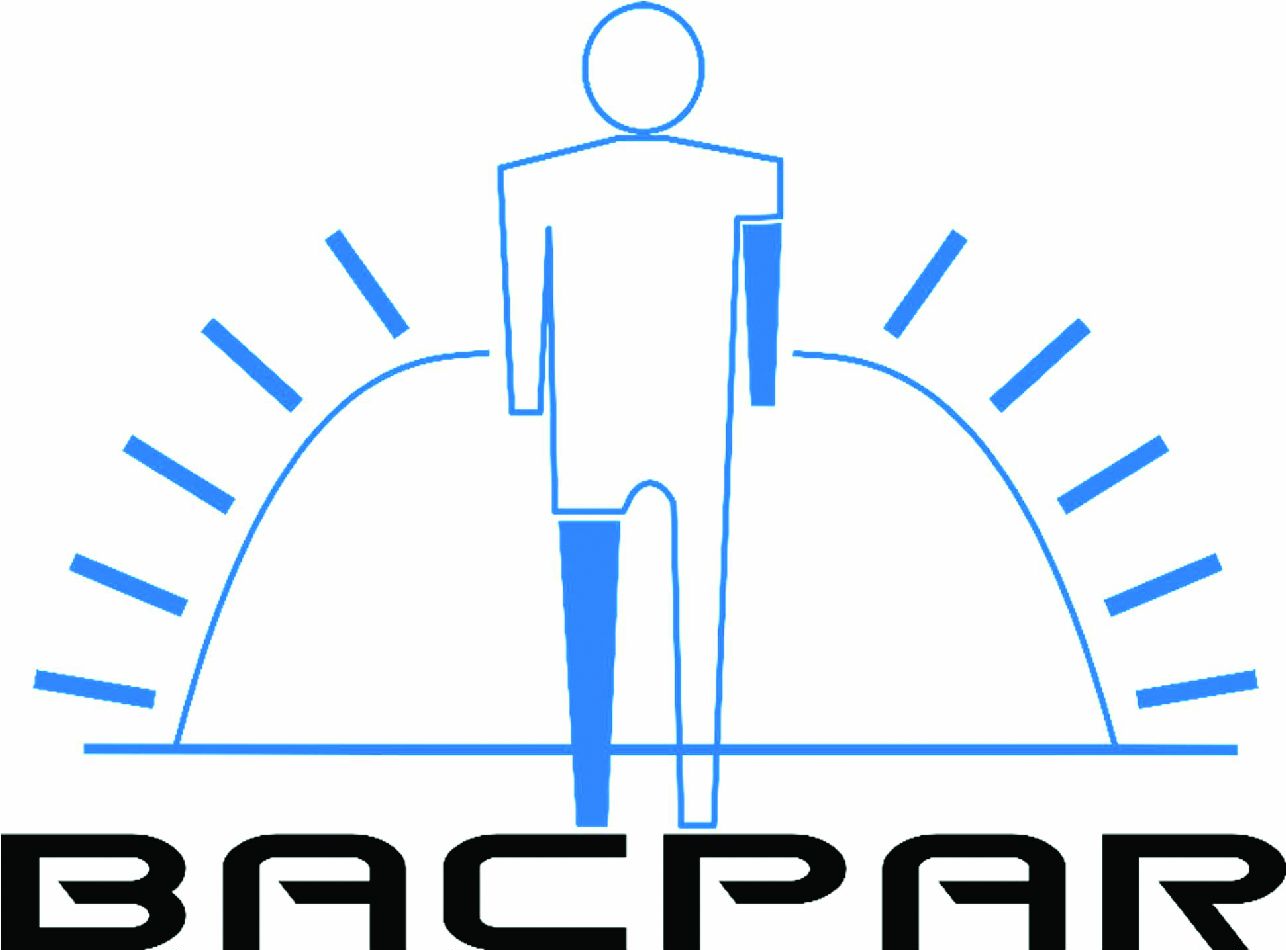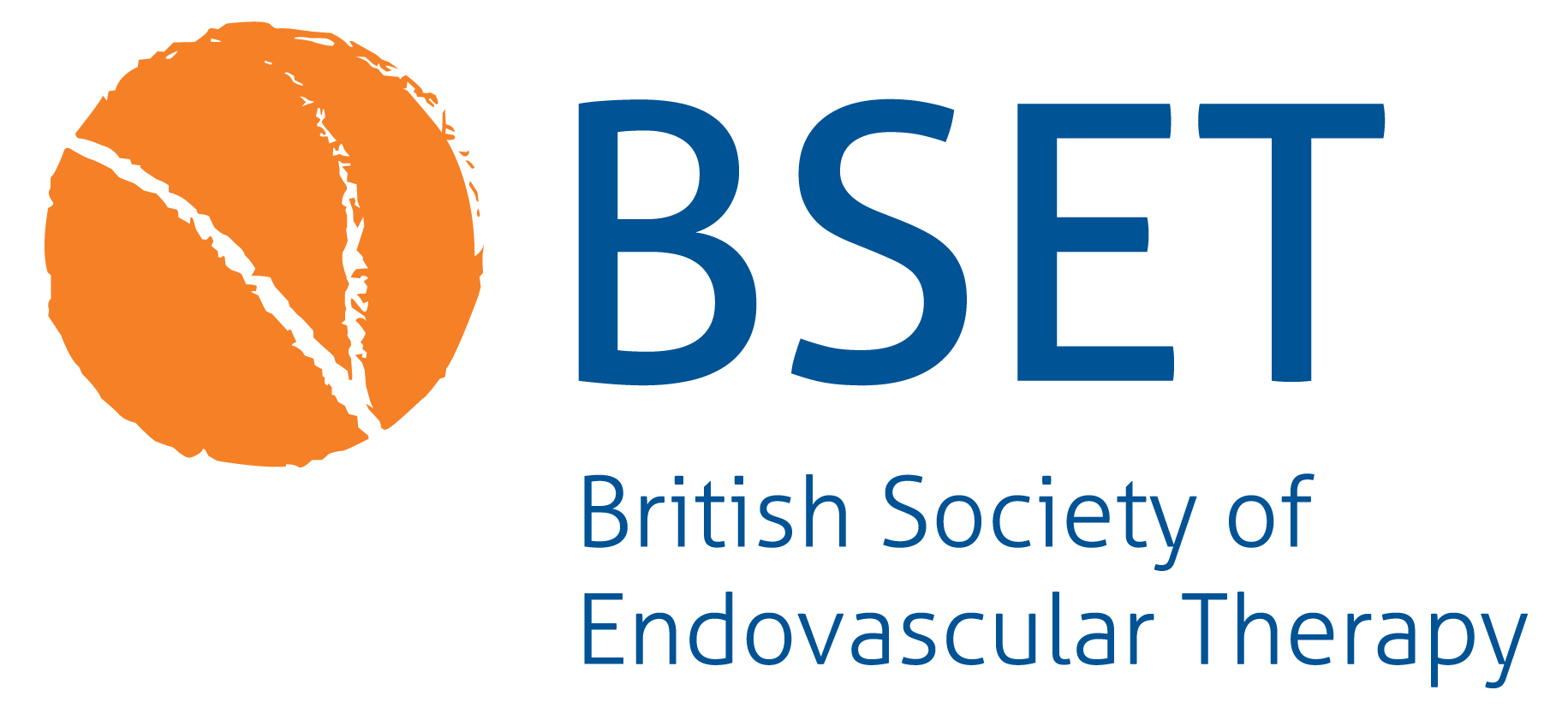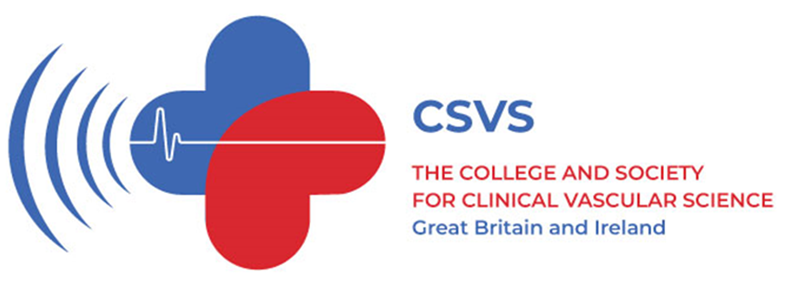Case Report
A case of classic Kaposi’s sarcoma masquerading as a vascular malformation
Abstract A 45-year-old man presented with painful lumps on his right foot. Imaging suggested a vascular malformation and the patient was referred first to a vascular surgeon, then to a specialist vascular malformation centre. MRA and catheter angiography confirmed a high flow lesion. However, there was clinical and radiological suspicion that an alternative diagnosis was…
Read MorePseudoaneurysm of the anterior tibial artery following arthrodesis on a background of ankle joint tuberculosis
Abstract A 65-year-old man presented with a 6-week history of worsening right anterior ankle swelling following an ankle arthrodesis. Examination revealed a warm pulsatile 8 cm swelling on the dorsum of the foot. Ultrasound doppler and computed tomography angiography revealed an 8 cm pseudoaneurysm arising from the anterior tibial artery. Fluoroscopic-guided embolisation successfully treated the…
Read MoreA deformed Lunderquist wire in a percutaneous endovascular aortic aneurysm repair procedure
Abstract Introduction: An endovascular aortic aneurysm repair (EVAR) is a minimally invasive procedure for repairing an abdominal aneurysm. The advantage of this procedure is that EVAR does not require a laparotomy, hence reducing the physical insult to the body with a quicker recovery time for the patient. Percutaneous EVAR (PEVAR) involves accessing the femoral arteries…
Read MoreTraumatic thigh AV fistula leading to aneurysmal changes in aorta and iliac arteries
Abstract Penetrating traumatic arteriovenous fistulas (AVFs) have the tendency to be clinically silent for many years and could be misdiagnosed as deep venous thrombosis (DVT) on initial presentation. A 52-year-old male underwent a duplex scan to evaluate swelling of the limb, which detected an AVF in the thigh. He was stabbed in the lateral aspect…
Read MoreCongenital absence of splenic artery: a rare cause of upper gastrointestinal bleed
Abstract A 21-year-old woman presented as an emergency with upper abdominal discomfort and one episode of haematemesis. Physical examination, blood results and oesophagogastroduodenoscopy (OGD) were unremarkable. The patient collapsed following a large haematemesis 24 hours later and was intubated, ventilated and resuscitated. Repeat OGD demonstrated multiple areas of gastric angiodysplasia with active bleeding. Attempted haemostasis…
Read More- « Previous
- 1
- 2
- 3
- 4
- Next »











